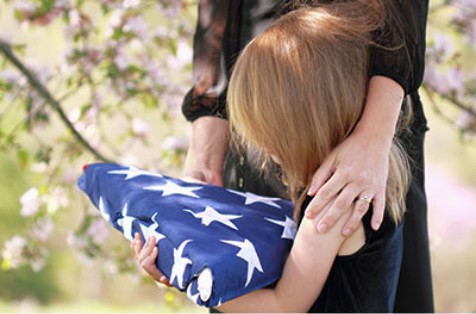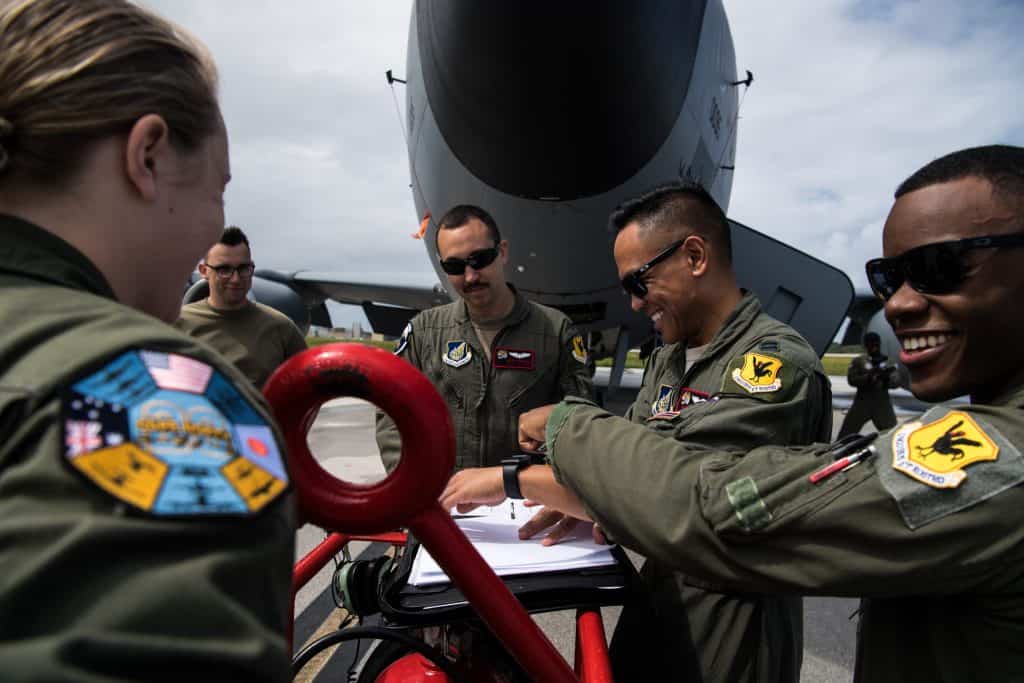Just In Case

Greetings fellow aviators, aspiring aviators, enthusiasts, and those simply passing through. As a full-time airline pilot for a major US carrier and a part-time mobility pilot for the US Air Force, I am convinced of one thing: there is no other job (or pair of jobs) I’d rather have. The fortuitous nature of my situation is not lost on me as few people can say the same for themselves. Of course, there are downsides; time away from home being chief among them. But there is another unfortunate fact that comes along with the wings we wear. It is likely that we know someone who has been killed while slipping the surly bonds. If you are lucky enough to defy that assertion, just wait. I have never met a professional pilot in the twilight of their career who has not lost a fellow aviator.
Although the airline and mobility communities are no stranger to tragedy, the unforgiving sting of this reality has been particularly harsh in the fighter and UPT communities lately. I do not have exact numbers, but we seem to lose a UPT student, instructor, or fighter pilot about every 6 months. Although I’m not qualified to speak directly to the circumstances of these tragedies, I can explain how these untimely accidents have caused me to rethink my own (lack of) preparation for an event where I am unfortunately faced with an early death.

At some point in our careers, we’ve all shown up to fly less prepared than we really should have been. Whether you’re a UPT student or a senior evaluator at your home squadron, the feeling of being unprepared in the cockpit is troubling at best. Fortunately for us, we’ve managed to struggle through those flights and were given subsequent opportunities to redeem ourselves. Well, in the event of a fatal accident, there are no do-overs. The preparations you’ve made are final. I can only hope that those pilots we have recently lost made adequate preparations, but I’m also not naïve to the fact that most young pilots simply don’t give this topic much thought. It’s time we do our families and ourselves a favor and really think about it. Are we REALLY prepared for the worst? My guess is that many of us are not. Let me explain.
It is my sincere hope that every pilot reading this article already has a will, a living will, and enough life insurance to support any family members or interests left behind. If you find yourself missing any of these, stop reading and make sure they are obtained. These are the basics, the absolute minimum. For those left reading, are these things enough? Like everything in aviation, it depends. If you’re the single, new Lieutenant in the squadron without a spouse or kids who spends all day flying, studying, or stocking the snack bar, you’re probably all set. If you have a spouse and/or kids/dependents, I am here to tell you these things are not enough.
Imagine you’re walking out the door of your house and heading to the squadron for a normal day of flying. What if “I’ll be home by dinner” are the last words you ever say to your spouse? What if “be nice to your little sister” are the last words you ever say to your child? If you knew you would never speak to them again, what would want to say? Although very unlikely, the possibility of this dilemma is ever-present. This is why I highly recommend every pilot have “Just In Case” letters written for each member of their family. A Just In Case letter includes everything that you wanted to tell a person that is not included in your will. Could you theoretically craft your will to include your final words to your spouse or kids? Sure. However, having a separate letter affords you the flexibility to continually update or change your final words as age changes your perspective without having to hire an attorney to update your will.
My kids are very young. Like most parents of young kids, I have certain advice I plan on passing to them as they grow into adulthood. However, if I knew that I was going to die tomorrow, my 2-year-old is simply not ready to hear my advice on happiness, faith, personal finance, and health, just to name a few. This is why my letters are written for my kids as if they were adults. As my kids reach an age where they can start absorbing this advice, they can begin to reference the letter as often as they wish. If the worst were to happen, this letter (and the life insurance payout) essentially become my legacy. It becomes the answer every time my kids ask, “I wonder what Dad would do/say/think”. It becomes my way of guiding them through life’s trials despite my absence. My hope is that they will hold onto it for the rest of their life as a piece of me that will never leave them even if I am no longer physically present.








